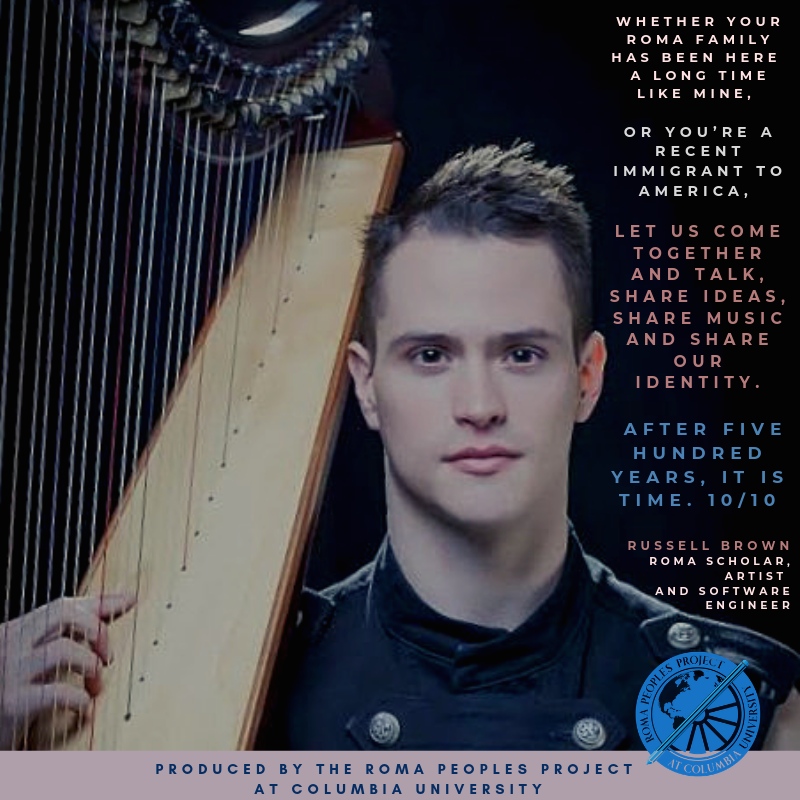Growing Up Roma in America: Russell's Story
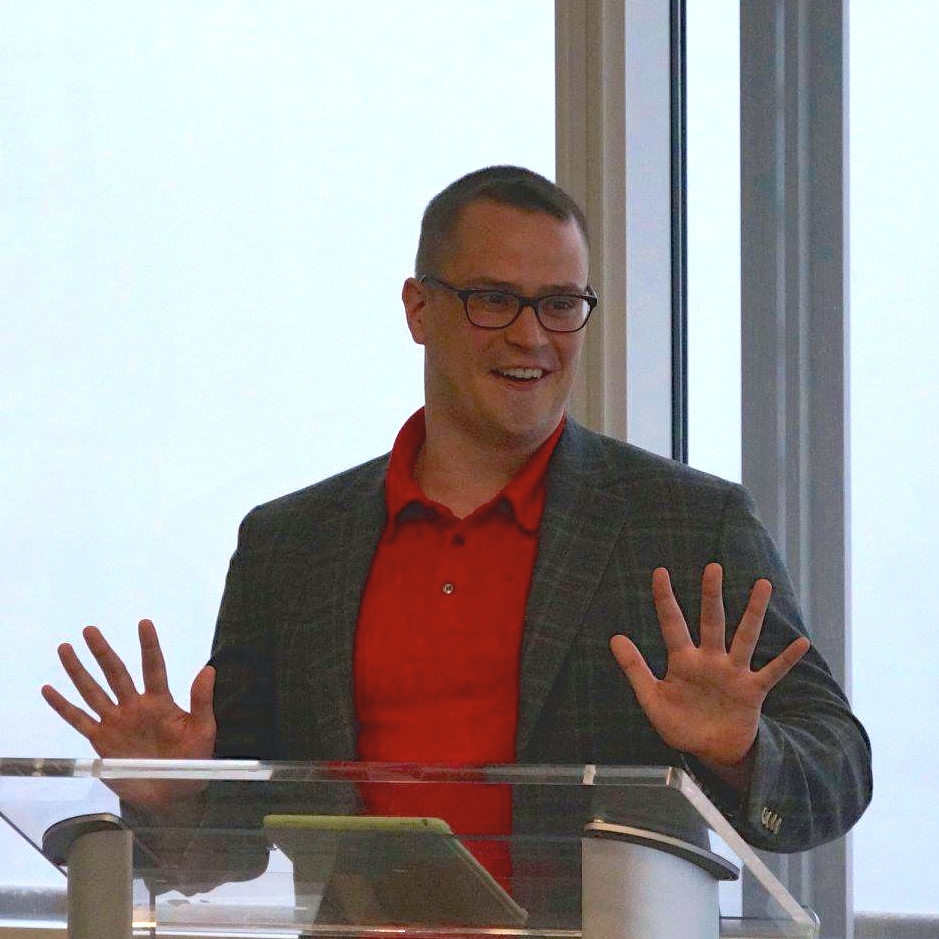
Growing up in a Roma family in the United States, Russell kept his identity a secret for the first 34 years of his life. Yet when faced with stereotypical characterizations of “Gypsies,” he found the courage to speak up about who he is.
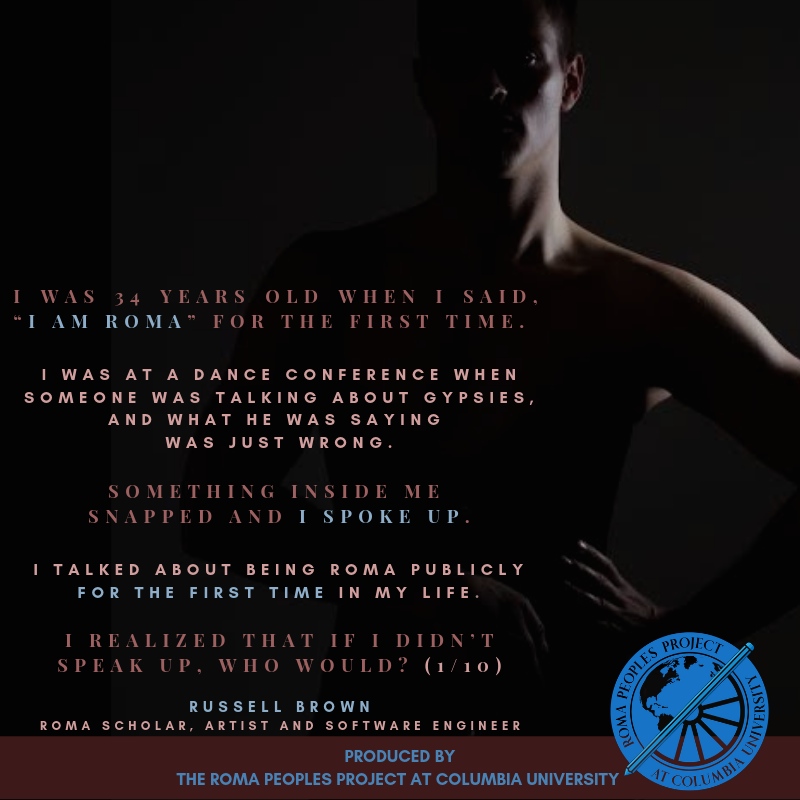
Russell connected with flamenco dancer and Roma studies scholar, Meira Goldberg. For the first time, he met a non-Roma person whose interest in Roma didn’t fall back on stereotypes.
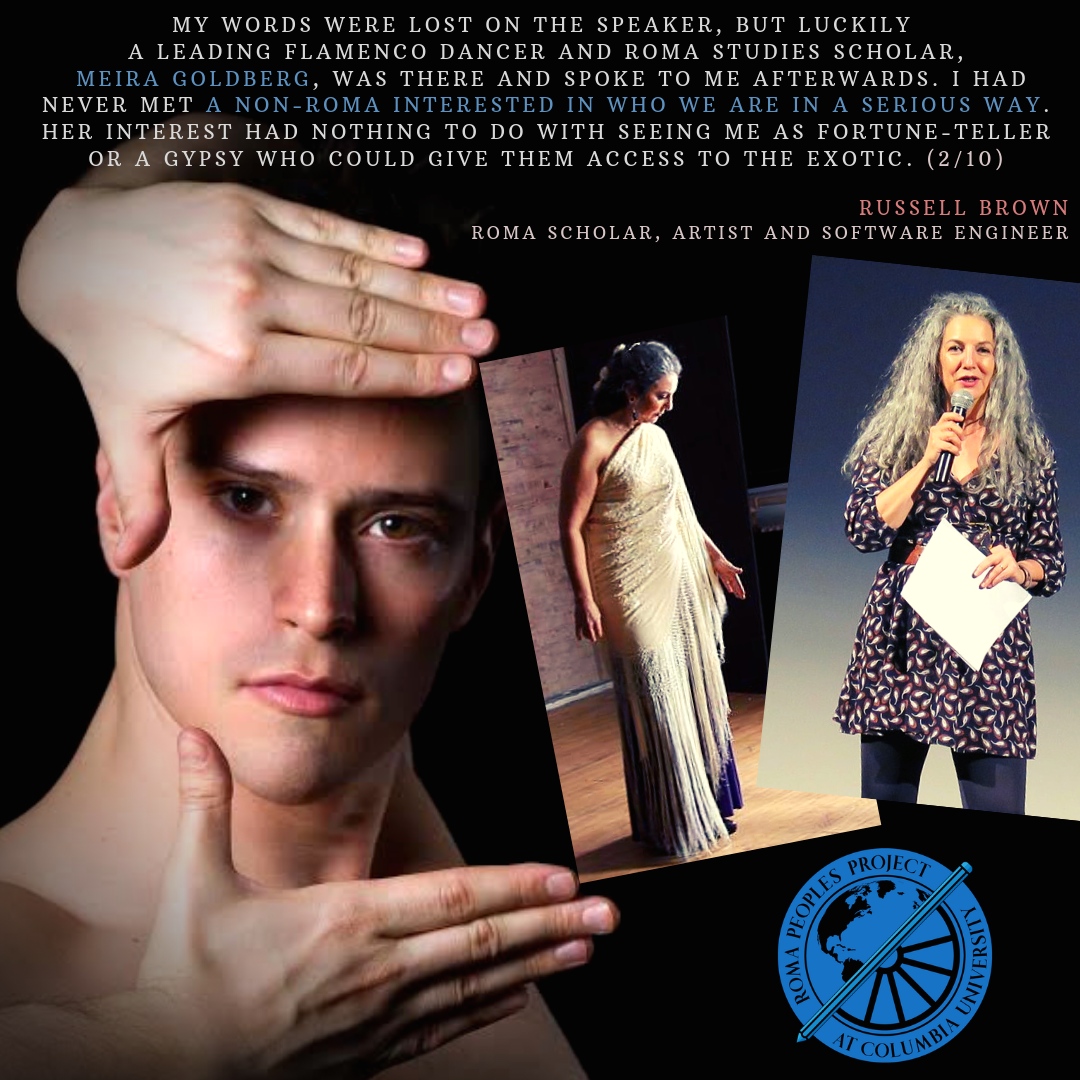
Shortly afterward, Meira Goldberg connected Russell with the Roma Peoples Project. In another first, he found a community in which being Roma is a source of pride and recognition.
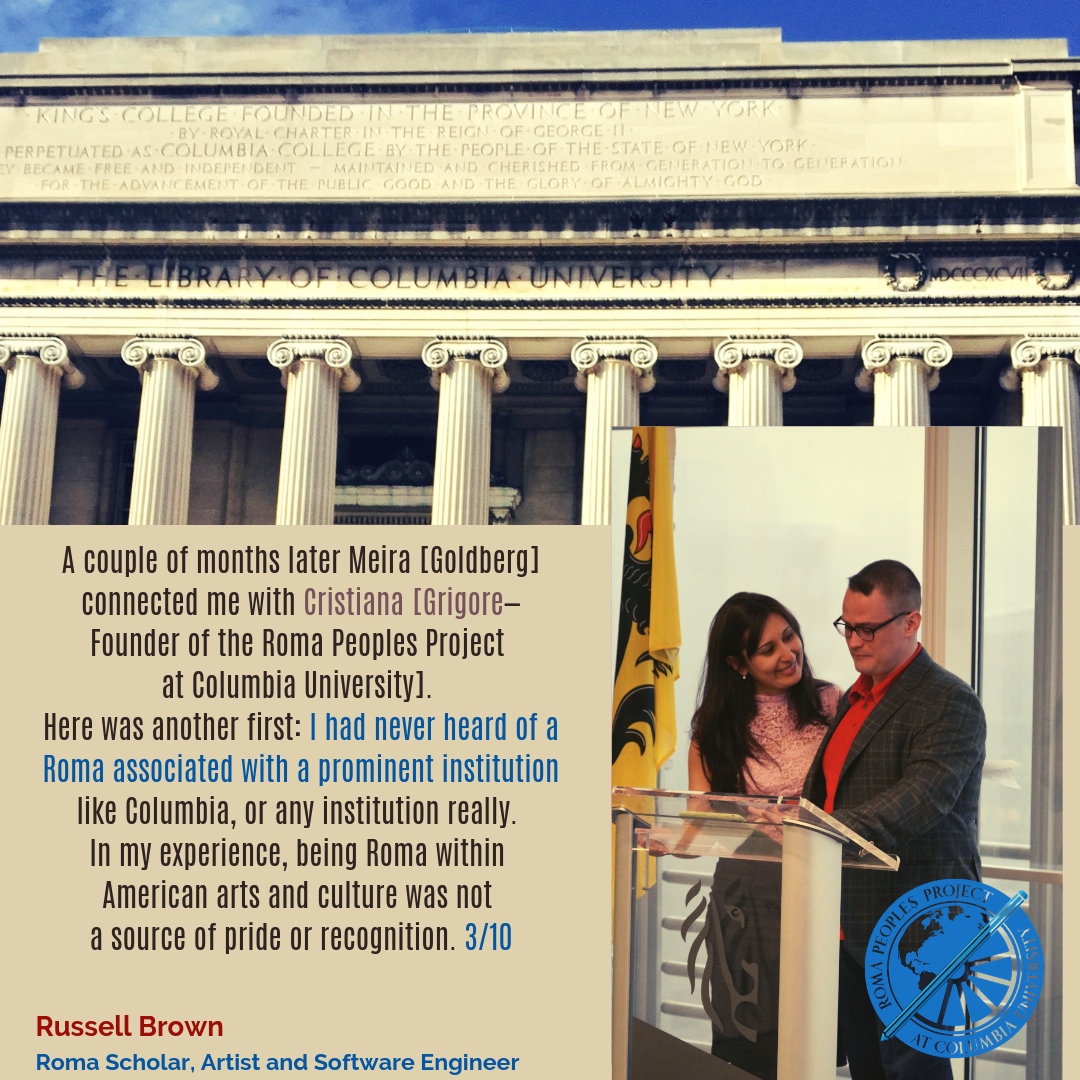
When he was growing up in a small, all-white suburb of Cleveland, Ohio, Russell’s Roma identity was a source of shame rather than pride. This made it all the more surprising for Russell to discover other Roma people having conversations and building connections within the Ivy League.
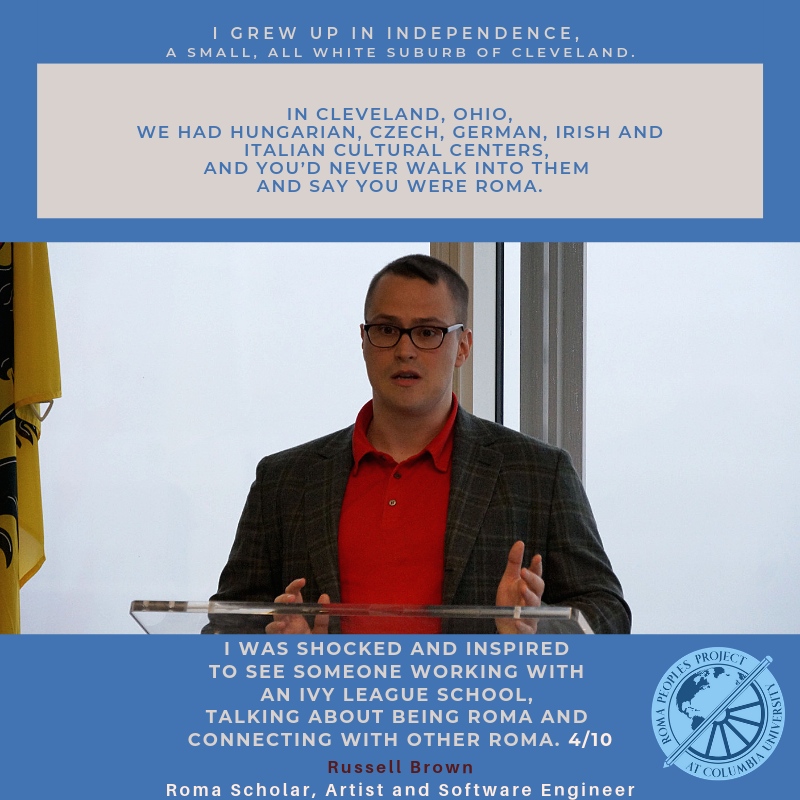
Roma have been in the United States for 500 years. Despite this long history, very little is known about the American Roma population. As Russell sees it, this the product of Roma people’s decisions to conceal their identity out of fear of discrimination.
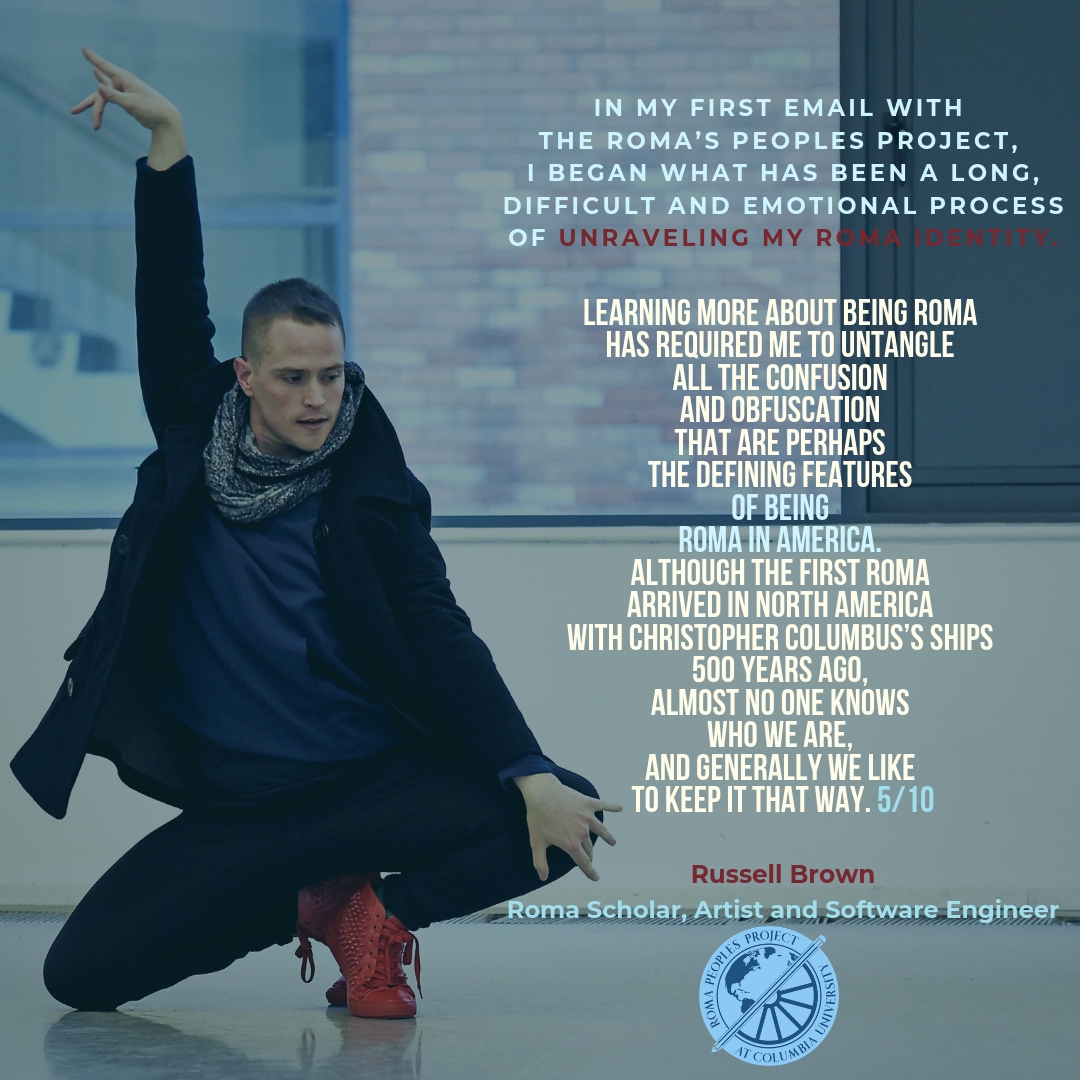
Russell’s parents worked hard to make sure that he and his sister had a safe and happy childhood, yet he always knew that something made them different from other people in their town. To admit that they were Roma would put them at risk of discrimination, so they kept quiet about their cultural heritage.
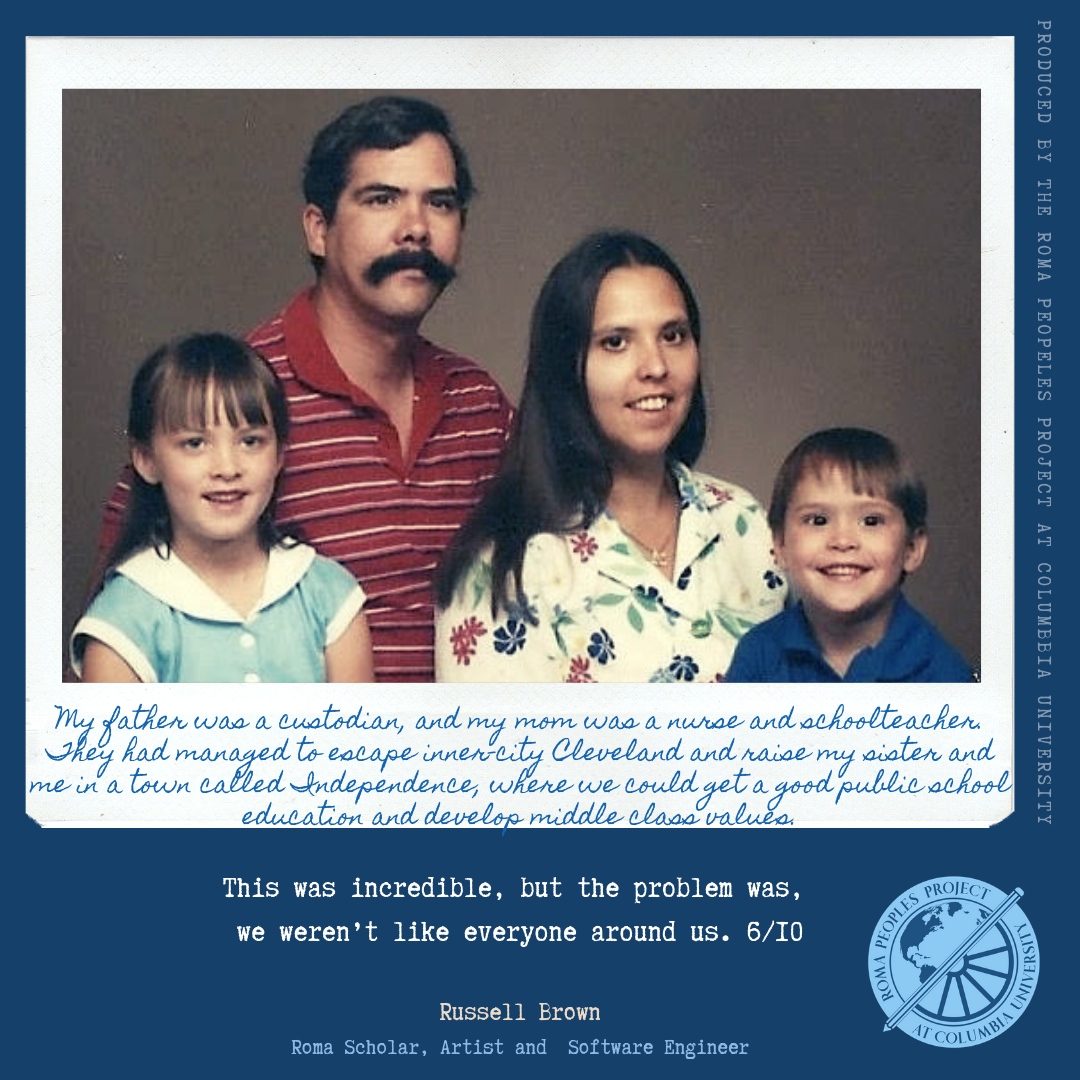
Sometimes it was easier to claim other identities than to say that he is Roma.
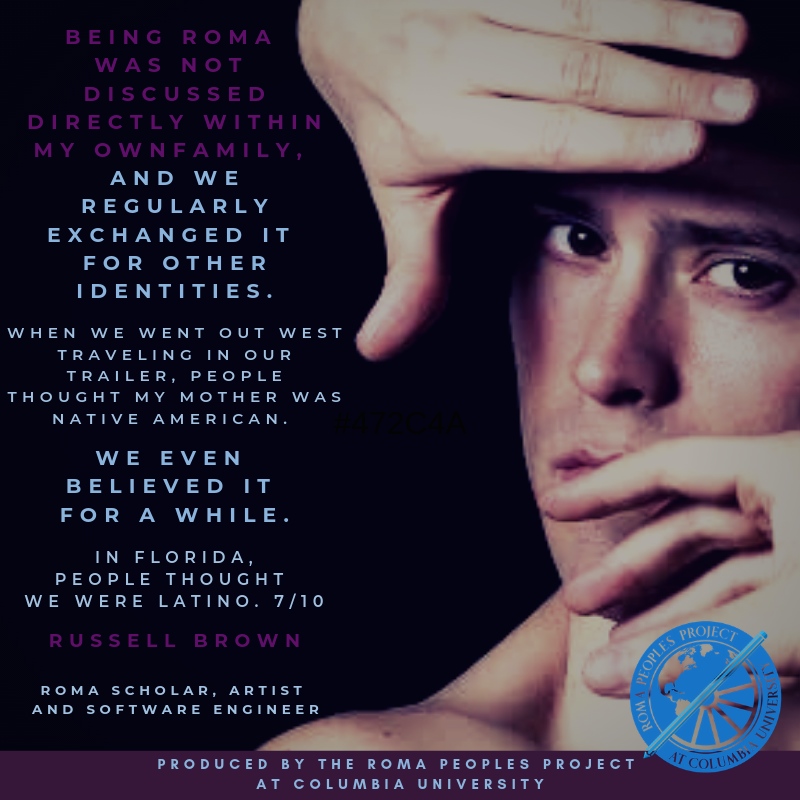
For centuries, immigrant groups have come to the United States seeking acceptance and opportunity, and many have found just that. For the Roma, the story is a bit different. Russell’s family spoke about their Irish and Polish heritage, yet they feared the consequences of disclosing their Roma identity.
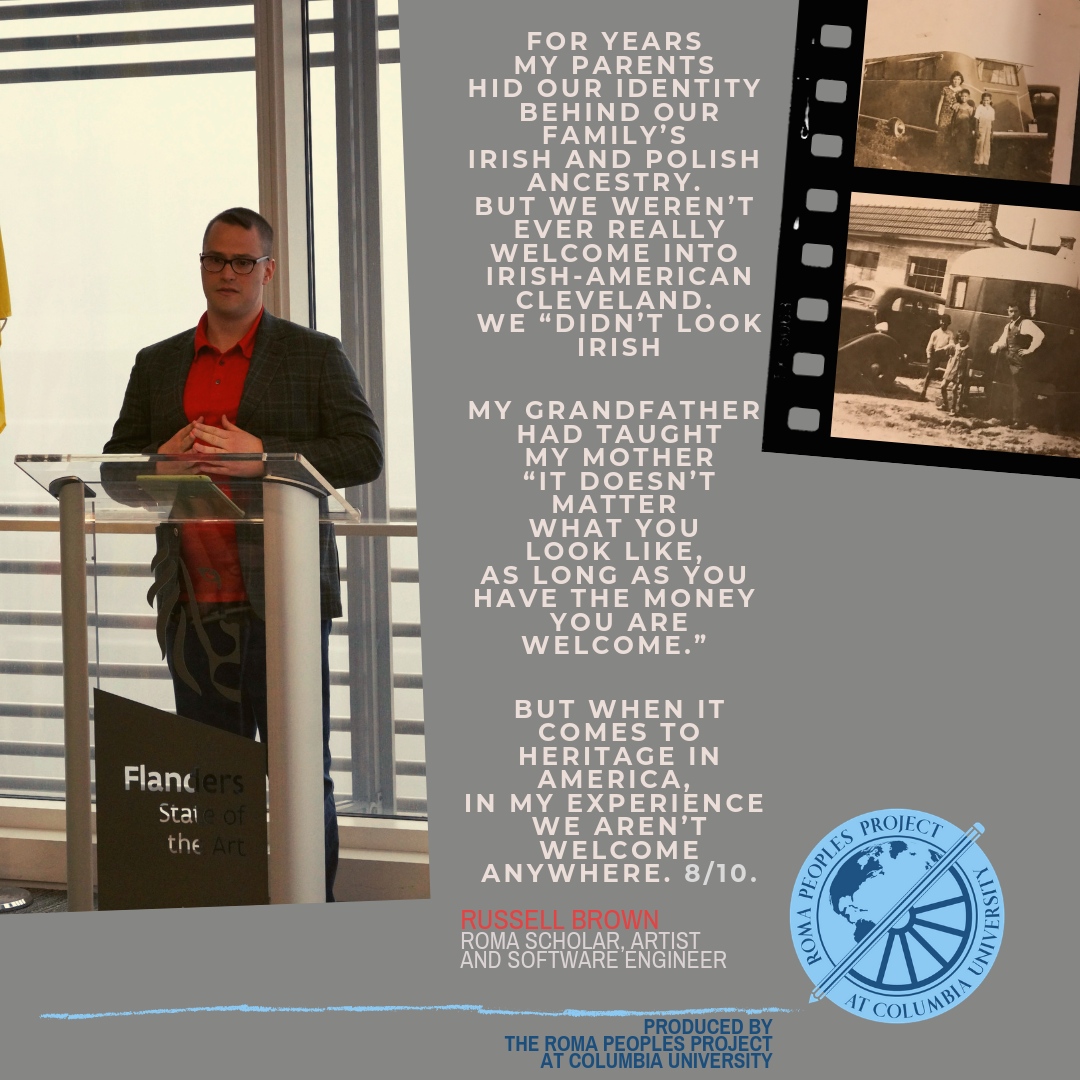
As Russell shares his story of growing up Roma in America, he has no precedent to follow. He hopes that by speaking up about his identity, he will inspire other Roma young people to celebrate who they are.
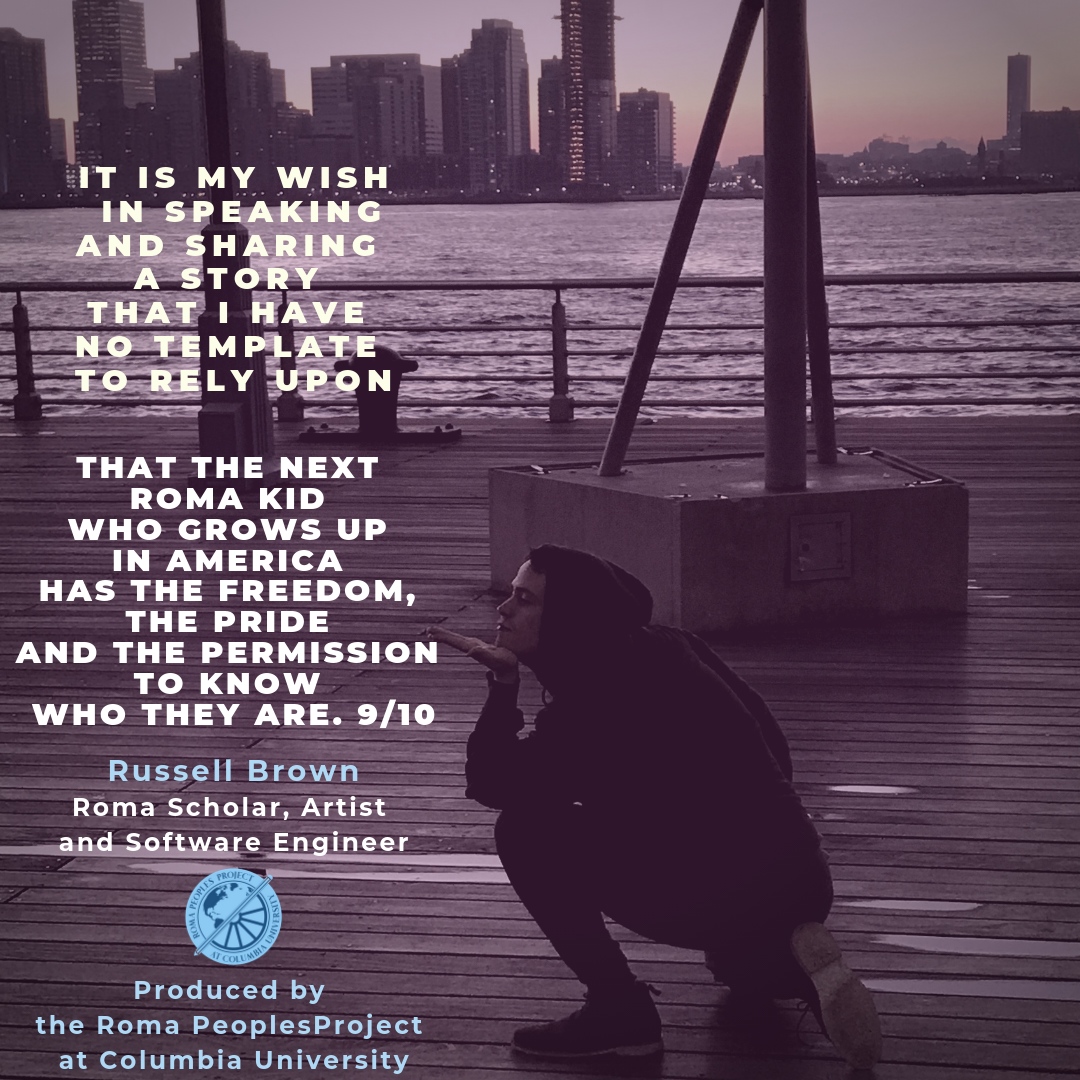
Let’s now think of ways for all of us — Roma and friends of Roma alike — to come together and share music, ideas and stories. After 500 years, it is time.
